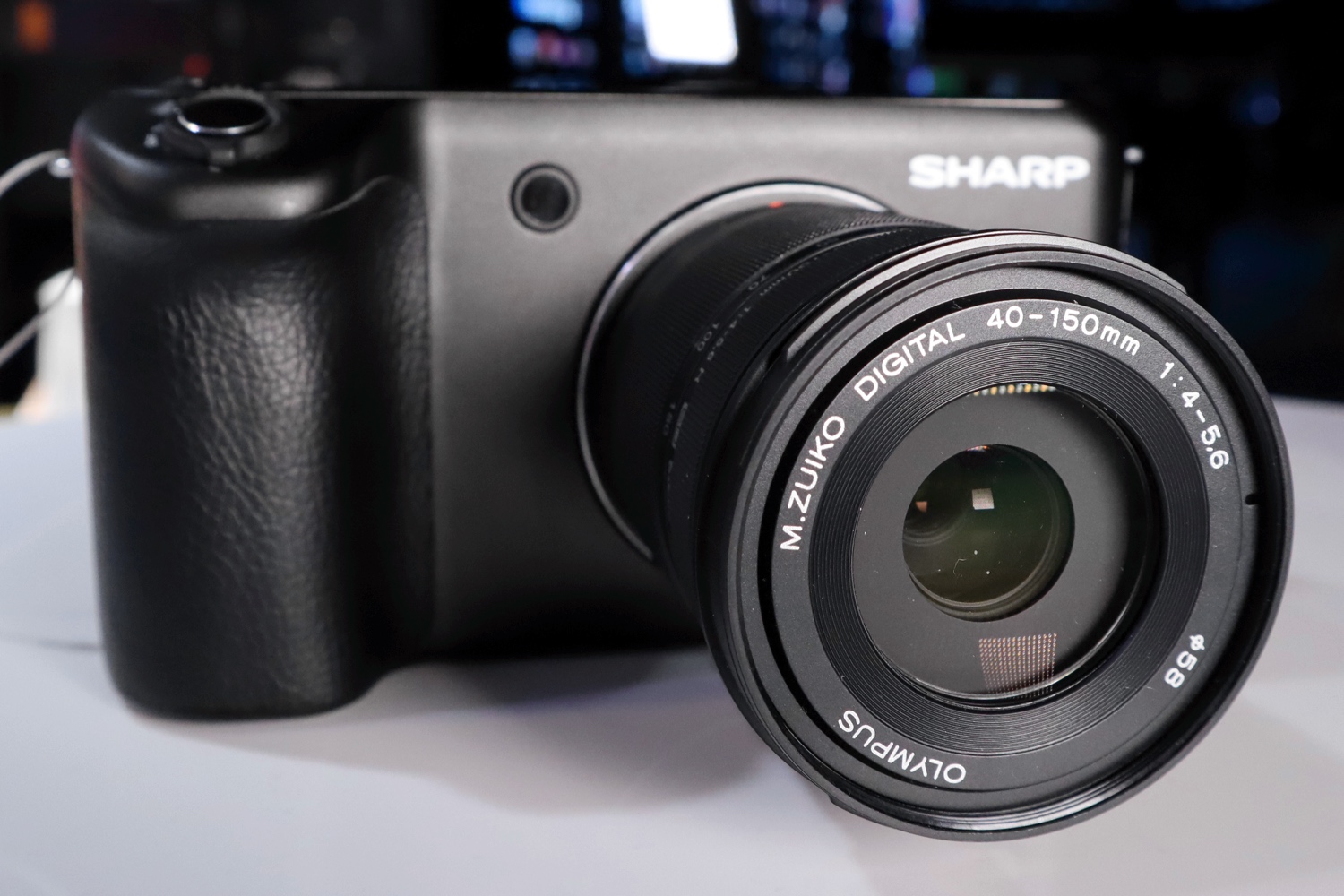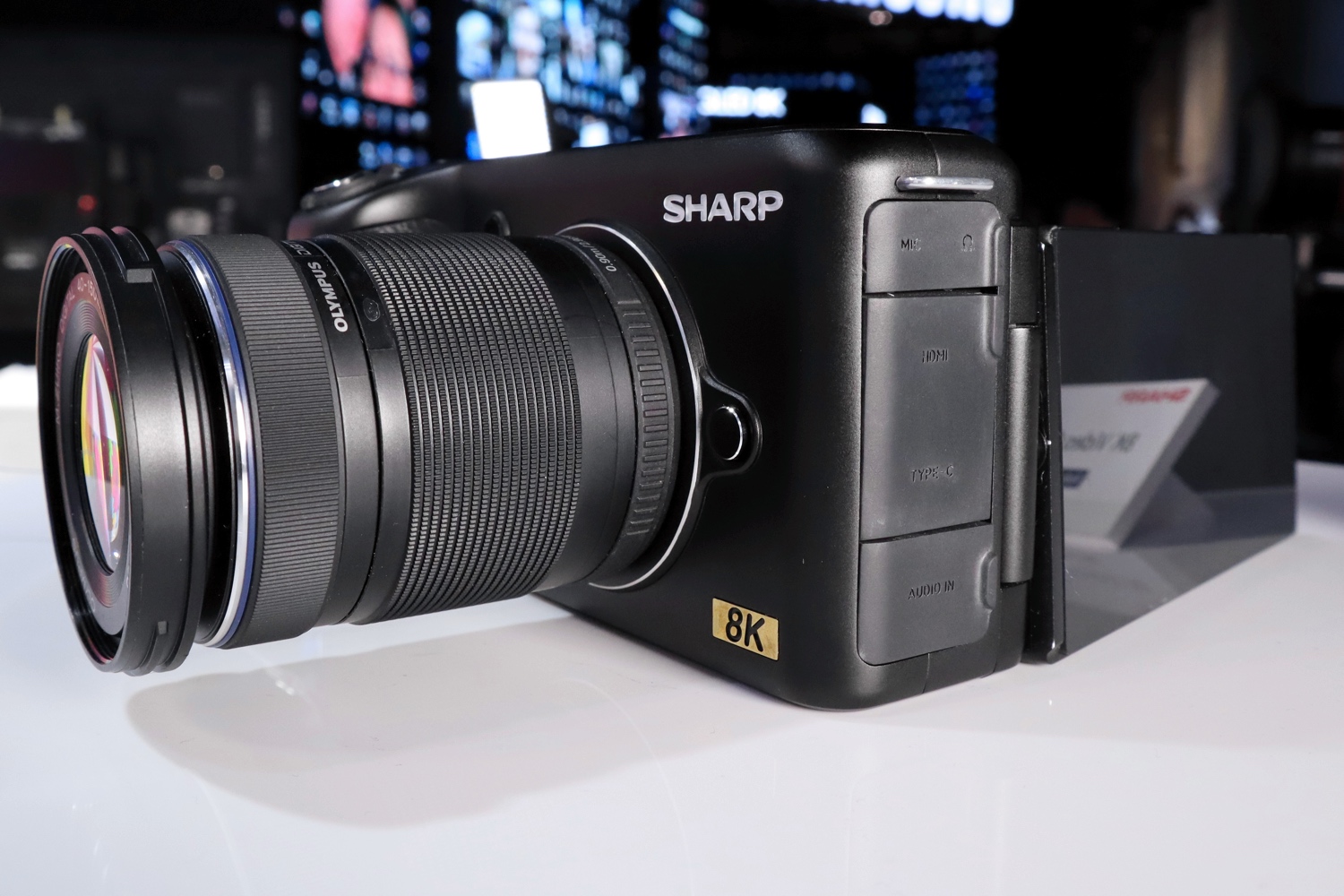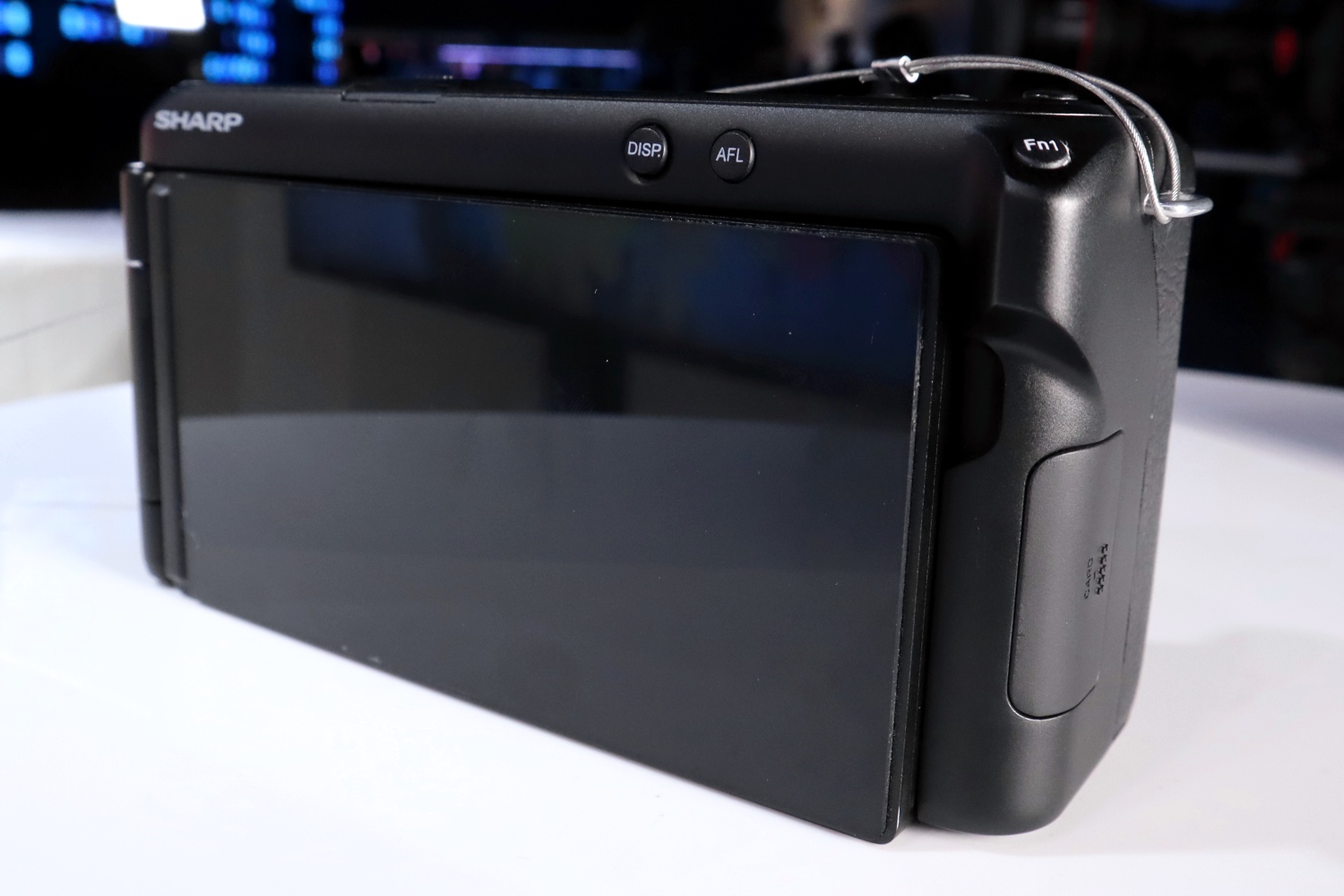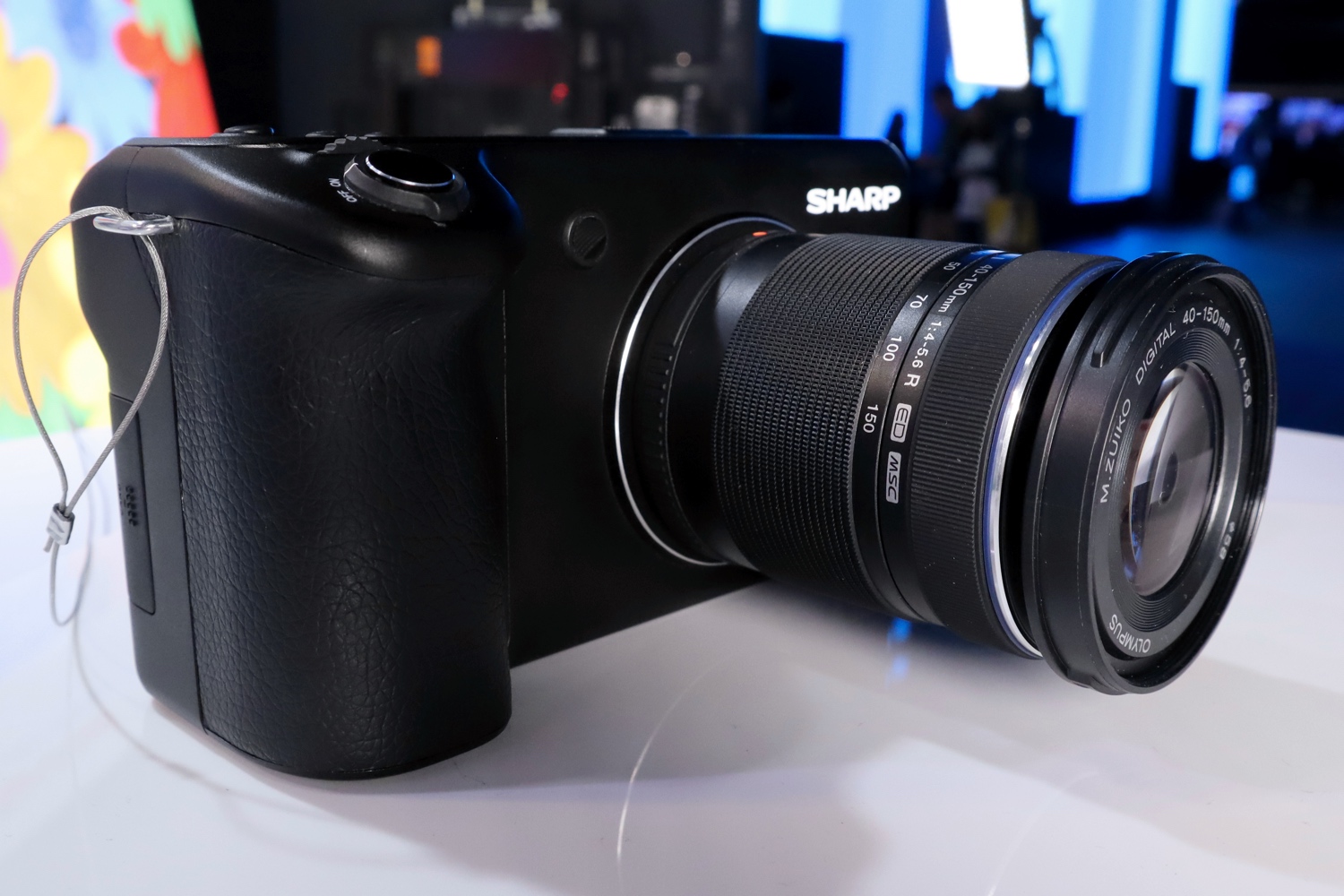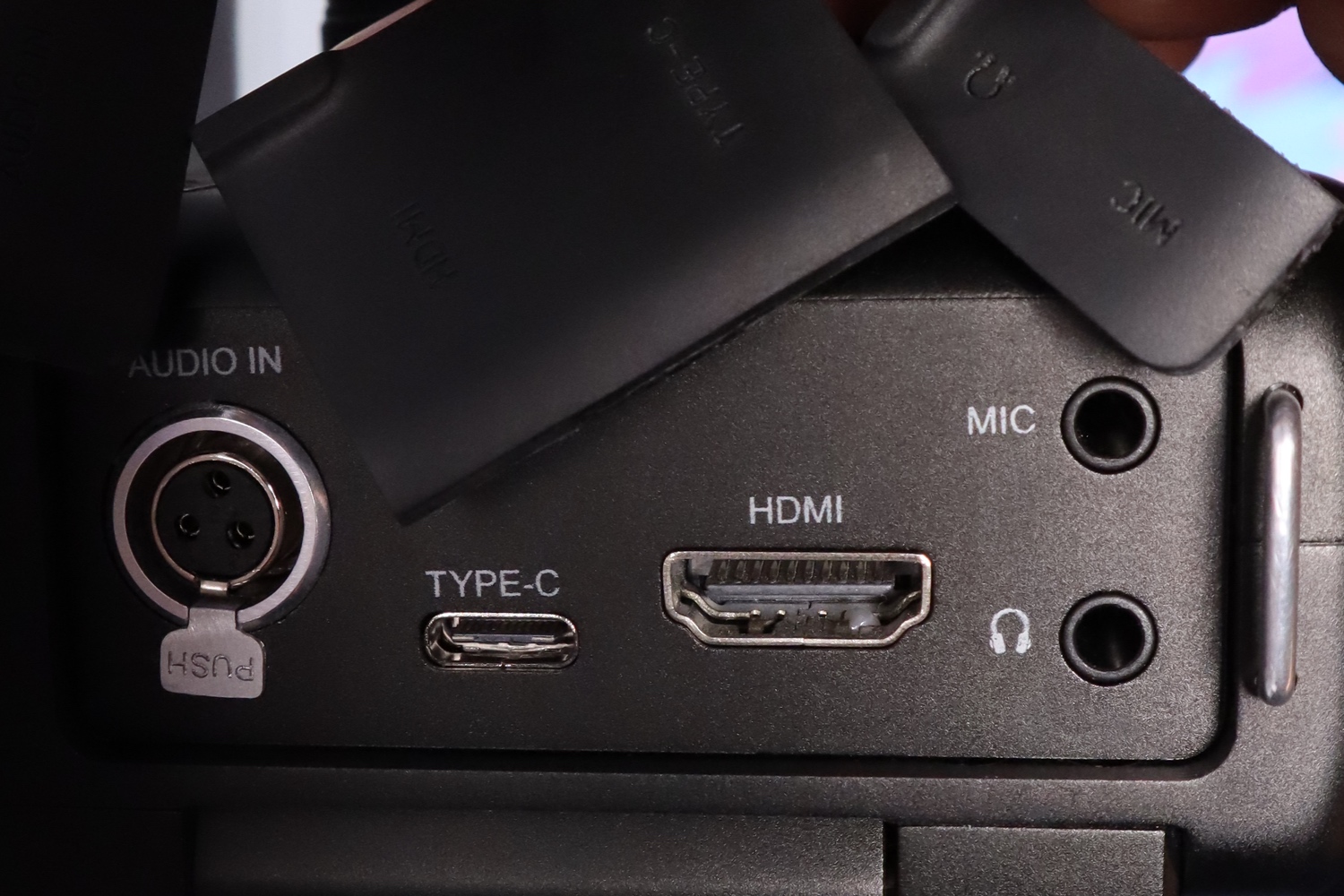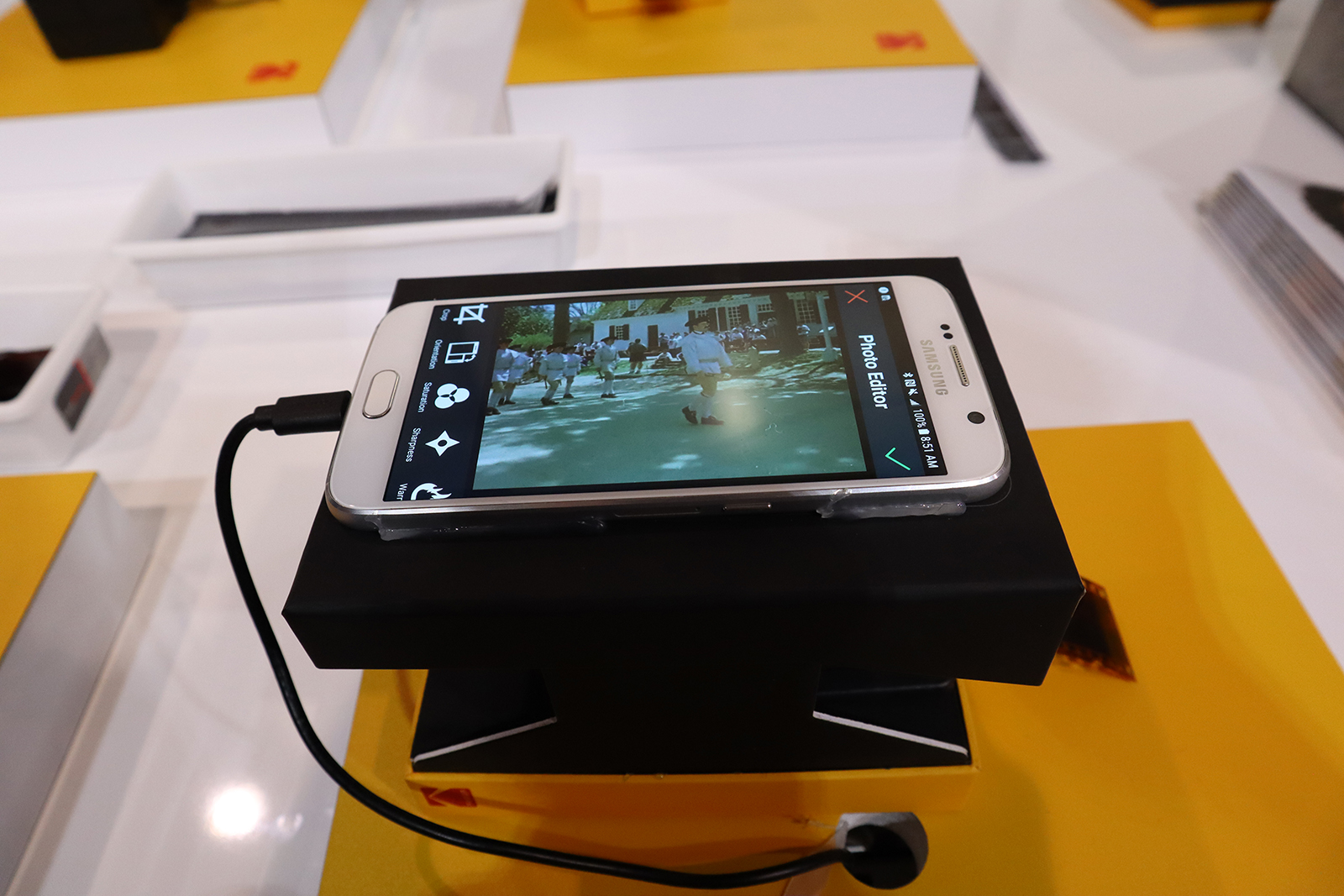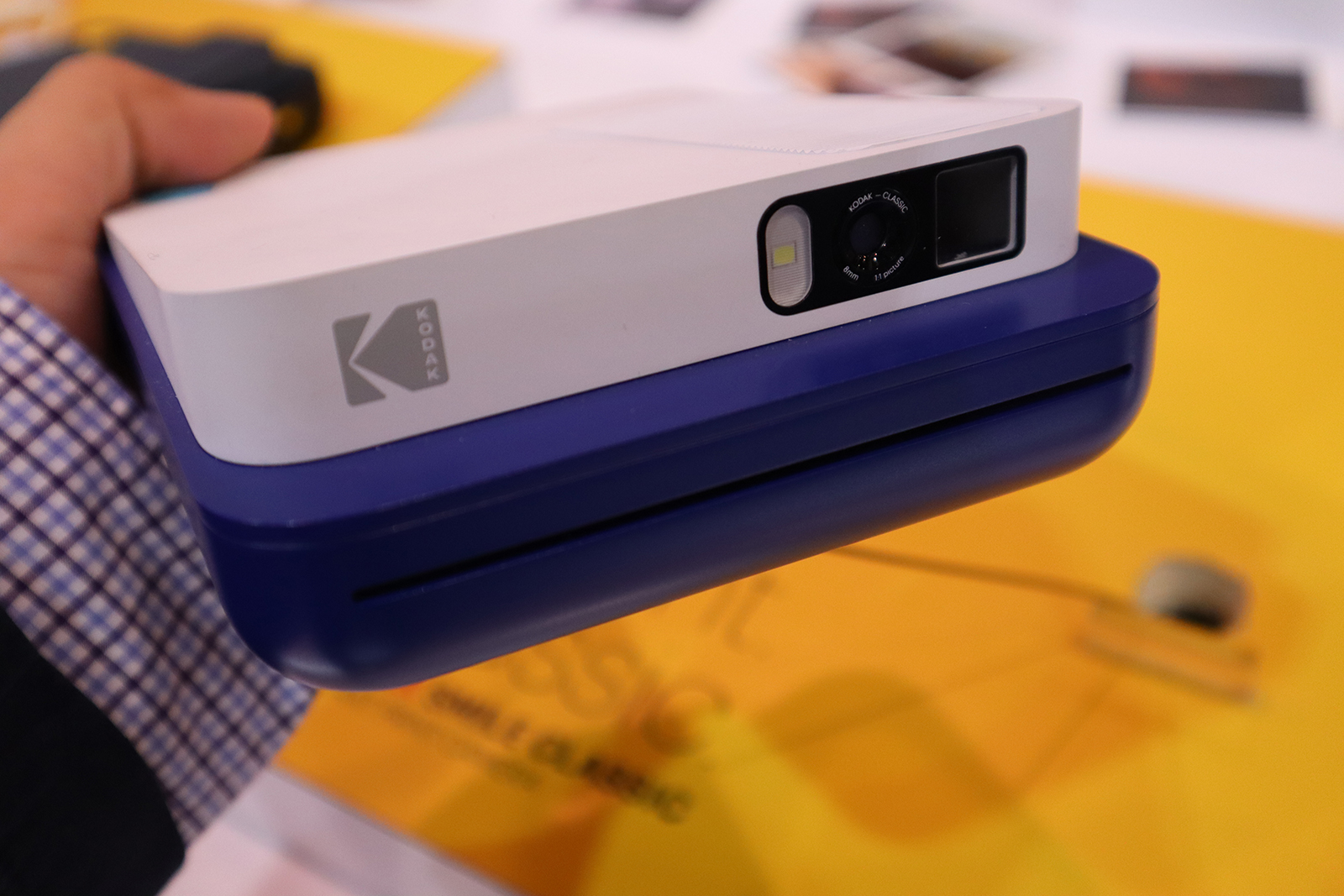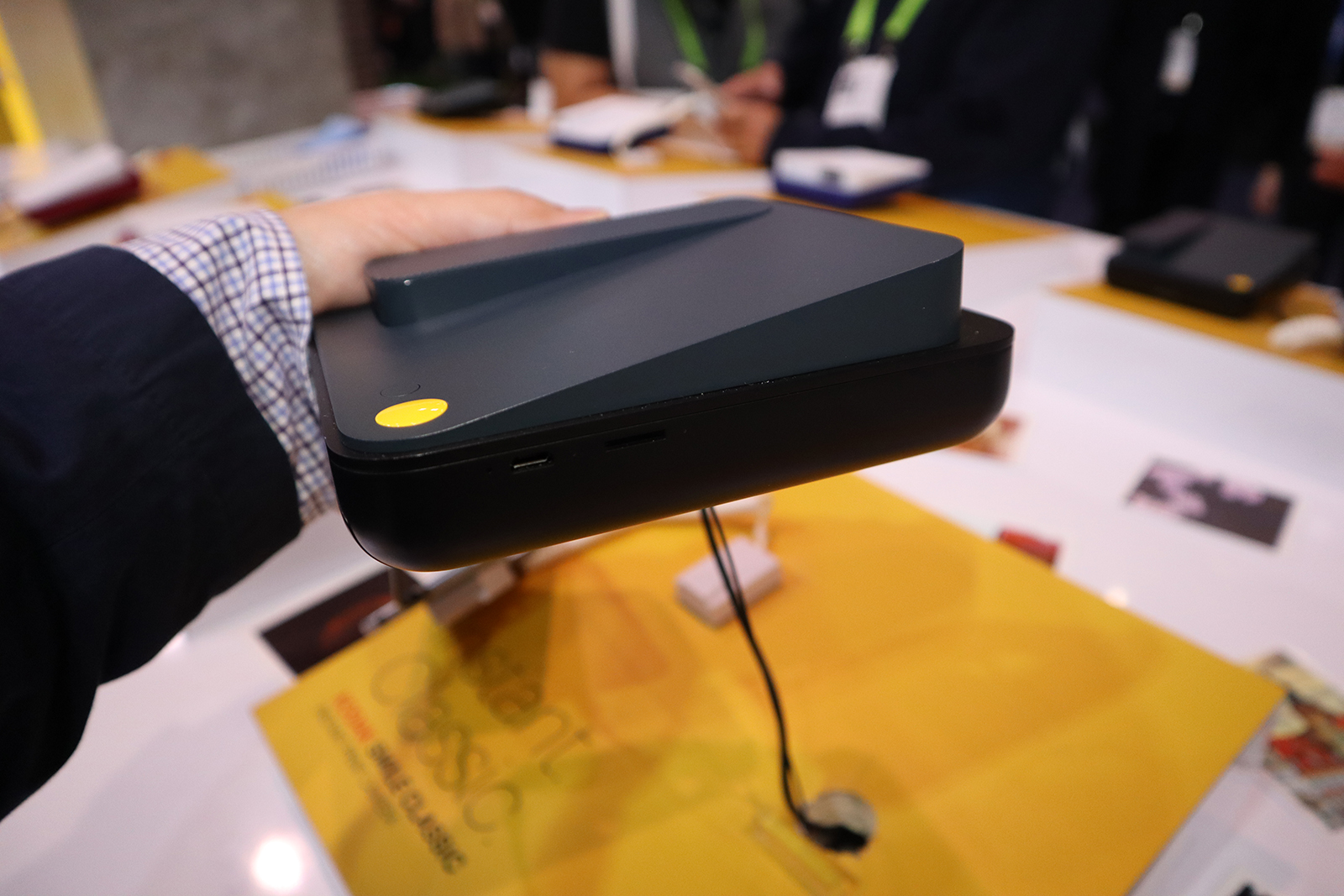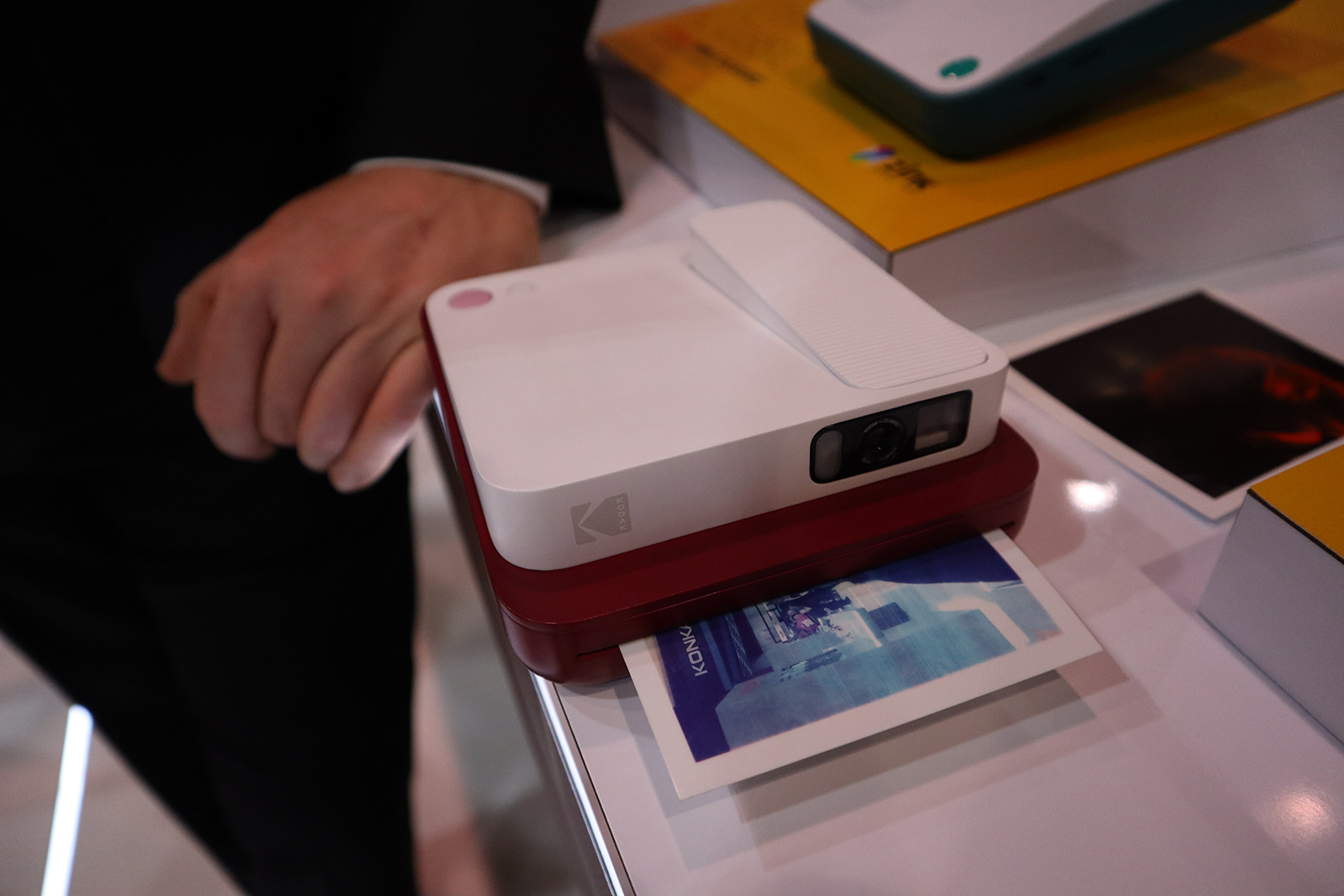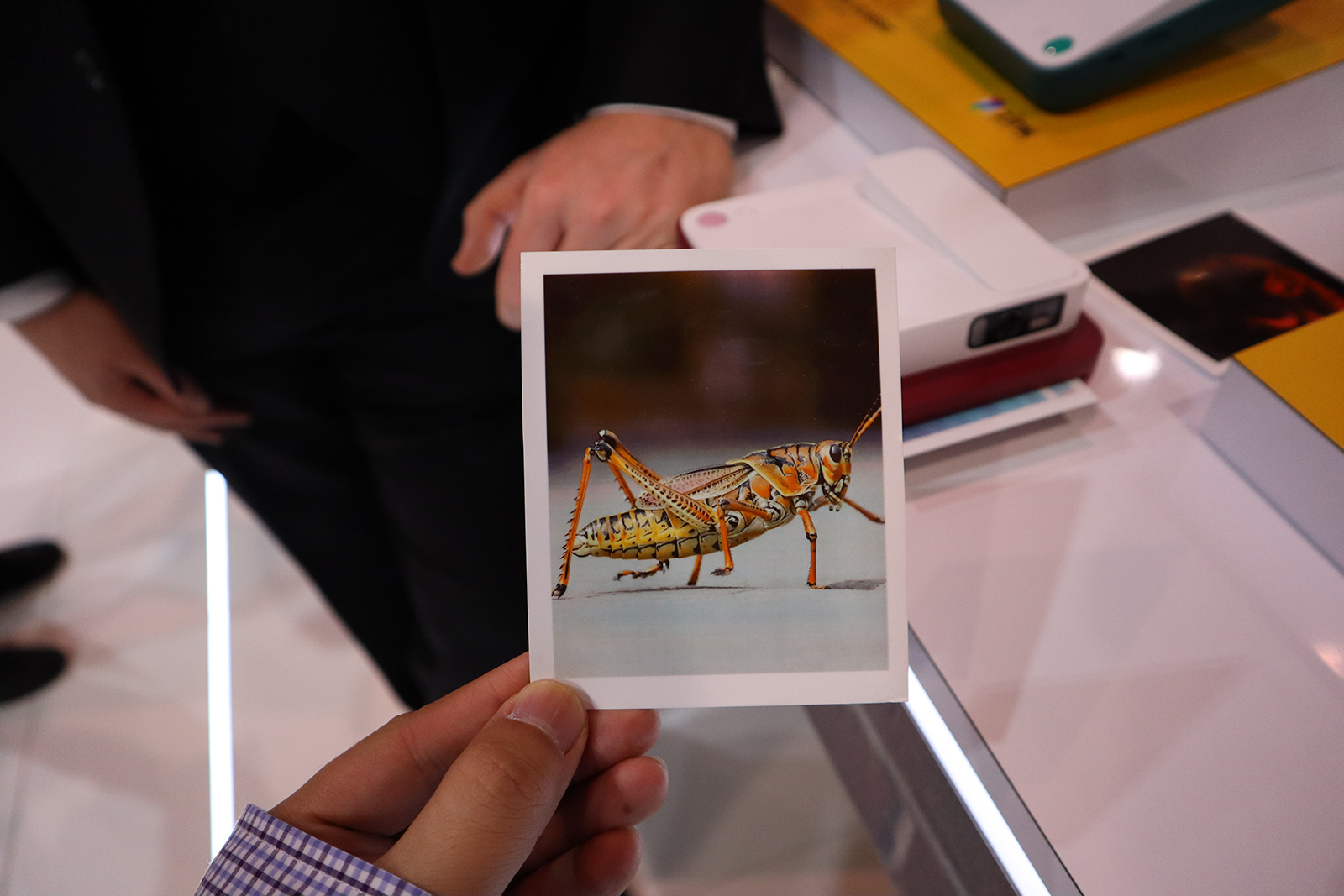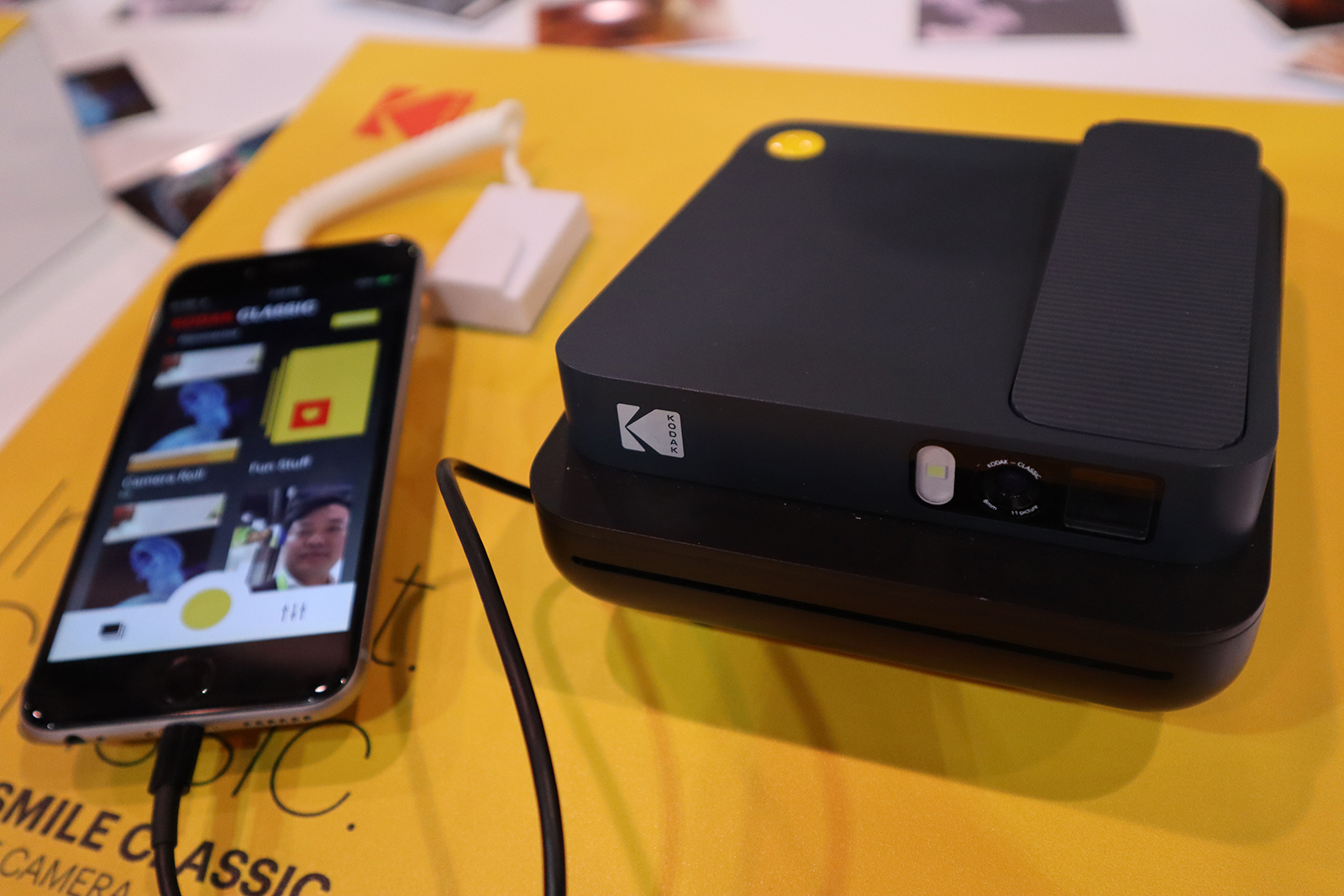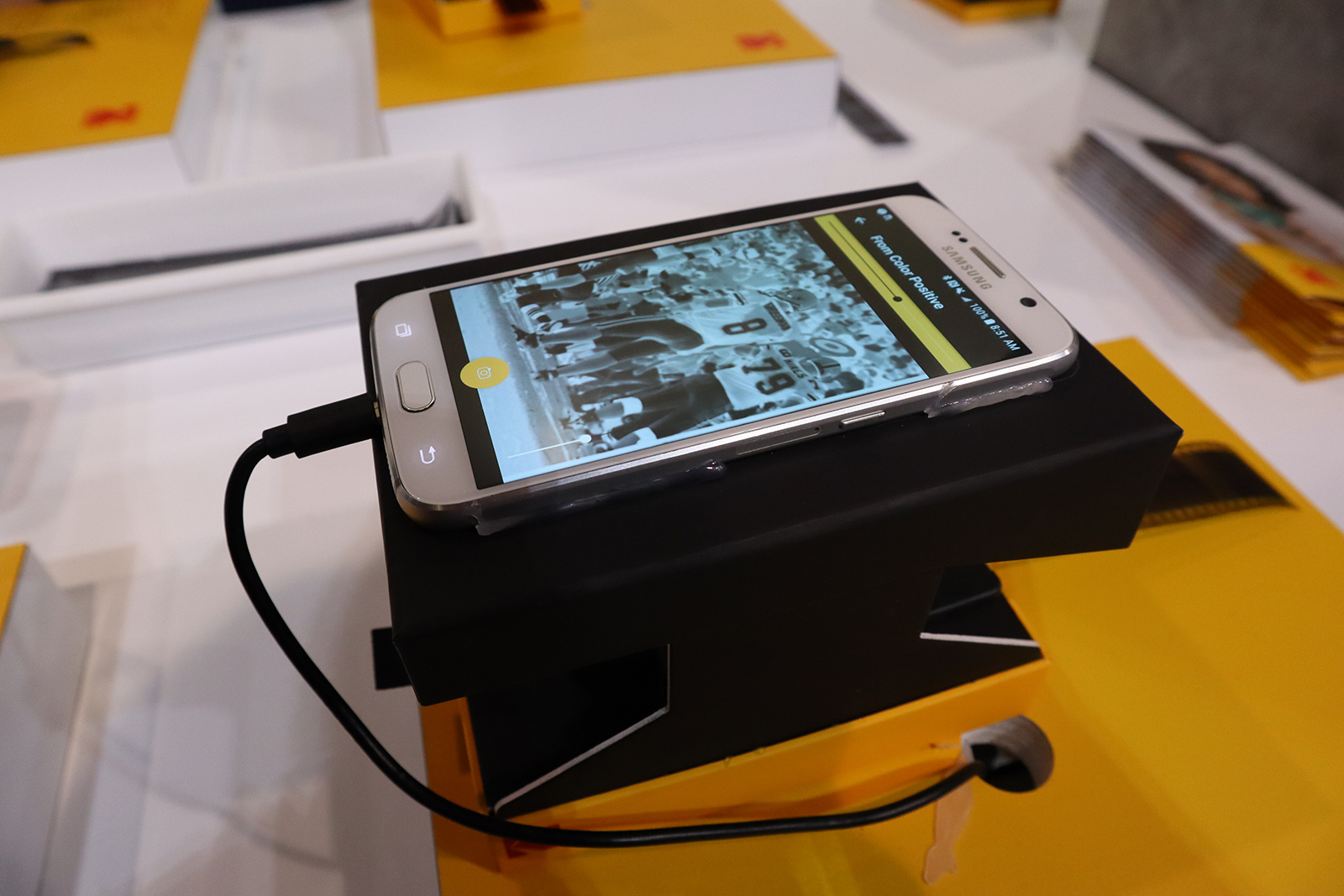
Gear announcements and industry trade shows go together like lenses and filters — and the Consumer Electronics Show tends to bring the first photo products of the year. This year is no exception. While CES 2019 didn’t unveil any new mirrorless or DSLR cameras outside a prototype stage, the show floor brought unique accessories, a (somewhat) affordable 8K camera, an A.I.-powered auto follow camera, digital binoculars that also take photos, 1TB memory cards, and more.
Here are some of our favorite photo gear announcements from CES.
Mirrorless
After Panasonic’s full-frame mirrorless was announced without full specs at Photokina last year, it’s no surprise that the company shared more details on the upcoming S1 and S1R cameras during CES. While we still don’t have a full specification sheet, Panasonic shared that both cameras will have a High-Resolution Shot mode, along with a Hybrid-Log Gamma Mode. The cameras are expected to start shipping in March.
While Panasonic’s announcement was expected, the 8K prototype camera from Sharp was not. The camera is said to have a prosumer-friendly price under $5,000, unlike current cinema-grade options with 8K. Sharp hasn’t produced a consumer camera in years — though the company launched a professional 8K broadcast camera in Japan in 2017 — making the prototype one of the more surprising displays in the show. Sharp hasn’t shared many details — and didn’t even specify if it is a mirrorless camera — but the possibility of an 8K prosumer camera is intriguing.
More CES 2019 coverage
- With addition of RAW video, Nikon Z Series looks to win over filmmakers
- Camera records real-life scenes to design virtual worlds using one device
- New Kodak-branded instant digital cameras are designed for nostalgia
- Panasonic’s full-frame cameras will have multi-shot high-resolution modes
Sharp isn’t the only one toying with 8K, however. In an interview with Imaging Resource, Canon executive Yoshiyuki Mizoguchi says that an 8K camera is on the roadmap for the EOS R mirrorless series, along with lenses designed for video capture. Canon also said that the company plans to continue simultaneously developing DSLRs and both the R series and M series mirrorless cameras.
Nikon’s Z series gained the widest angle lens yet for the young line, a 14-30mm f/4. Because of the new Z mount design, the lens is still able to accommodate screw-in filters at the front, a rarity for ultrawide lenses. Nikon also launched a filmmakers kit for the Z6 that offers a discounted bundle price compared to buying the gimbal, microphone, Atomos recorder, and other accessories separately. The entire Z series will also soon gain Eye AF, CFexpress, and ProRes RAW video compatibility.
Finally, Nikon also updated the lens road map for the Z series. Launches expected this year include the 58mm f/.95 Noct, a 24mm f/1.8, 85mm f/1.8, 24-70 f/2.8, and a 70-200mm f/2.8. The road map for 2020 includes a 20mm f/1.8, 50mm f/1.2, and a 14-24mm f/2.8.
360 and video

Is 8K still not enough? During CES, Insta360 announced the Titan, an 11K 360 camera that can also shoot 3D VR in 10K. The camera also uses software that intelligently loads only the portion of the video that’s on the screen, reducing processing requirements and allowing for full-resolution playback on smartphones.
Artificial intelligence and a gimbal-camera combo allow the Obsbot camera to follow the action. Designed for YouTubers and recording your own action videos, Remo Technology plans to launch the camera using Kickstarter.
Canon’s latest camcorders are designed to offer one more reason to skip the smartphone and use a dedicated video camera. The Vixia HF G50 is the first in the prosumer series to shoot 4K. The consumer-level Vixia HF W11 and HF W10, meanwhile, add waterproofing along with features like the 40x optical zoom lens.
Weirdly wonderful

Our favorite product revealed at the show? The NexOptic DoubleTake, a new take on binoculars. The DoubleTake has a 12-megapixel sensor matched to both 2.5x and 10x zoom lenses — equivalent to a camera lens of more than 500mm. Instead of holding the lenses right to your eyes, it displays an image on a 5-inch HD screen with electronic image stabilization. Along with giving you an up-close view, the binoculars will also snap photos and record 4K video. The DoubleTake was one of the more unique imaging products we saw, thanks to its sci-fi vibe.
The Kodak Classic Smile is an instant camera with a retro design that caught our eye. A licensed digital instant camera isn’t surprising from Kodak, but we appreciate that retro look and the Zink printing.
The favorite from Kodak, however, may just be the $39 Kodak Mobile Film Scanner. The scanner feels like a Google Cardboard for scanning film — it’s a box specifically designed to hold a smartphone so you can easily digitize negatives and slides from anywhere. The design makes film scanning accessible and inexpensive. The mobile scanner is expected to start shipping later this year.
Polaroid didn’t unveil any new cameras this year, but shared with Digital Trends a new strategy of focusing more on cameras and less on licensing. The company displayed a range of products, including Polaroid originals.

For drone photographers, DJI’s new controller uses a built-in screen instead of having to slide in your phone, which offers a brighter screen that’s better for using in the sun. The Smart Controller also has a five-mile range and a built-in microphone.
The Wacom Cintiq 16HD pen display doesn’t offer any crazy new tech — but it offers Wacom tech at a lower price point. The beginner-friendly pen display uses the same pen technology for the same accuracy, but a lower quality-display for a much lower $649 price point.
And when it comes to stashing all those photos and videos, the storage companies didn’t disappoint either. ProGradeDigital demonstrated a preproduction 1TB CFexpress with a speedy 1,400MBps transfer rate. Lexar launched a 1TB SDXC UHS-1 card, the first commercially available SD card at that capacity. The large capacity is matched by an equally large price: $500.
Updated on January 11, 2019: Added details about Canon’s 8K camera.
